

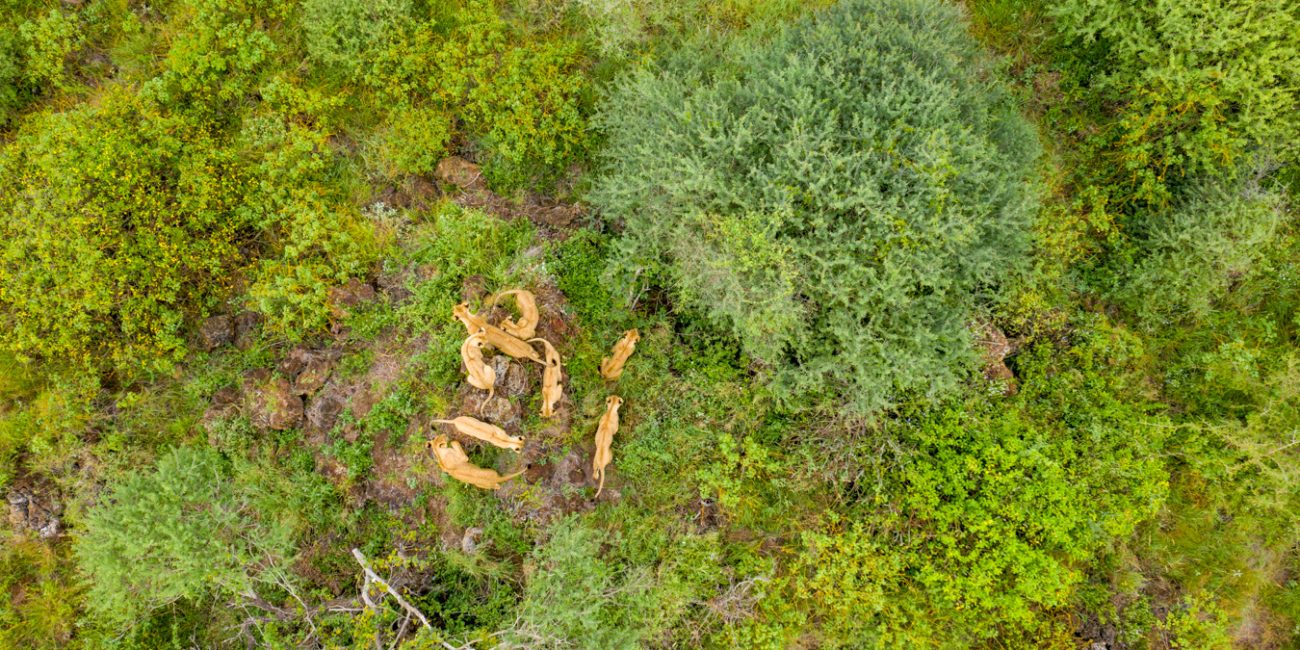
Amboseli National Park Management Transferred to Kajiado County Government
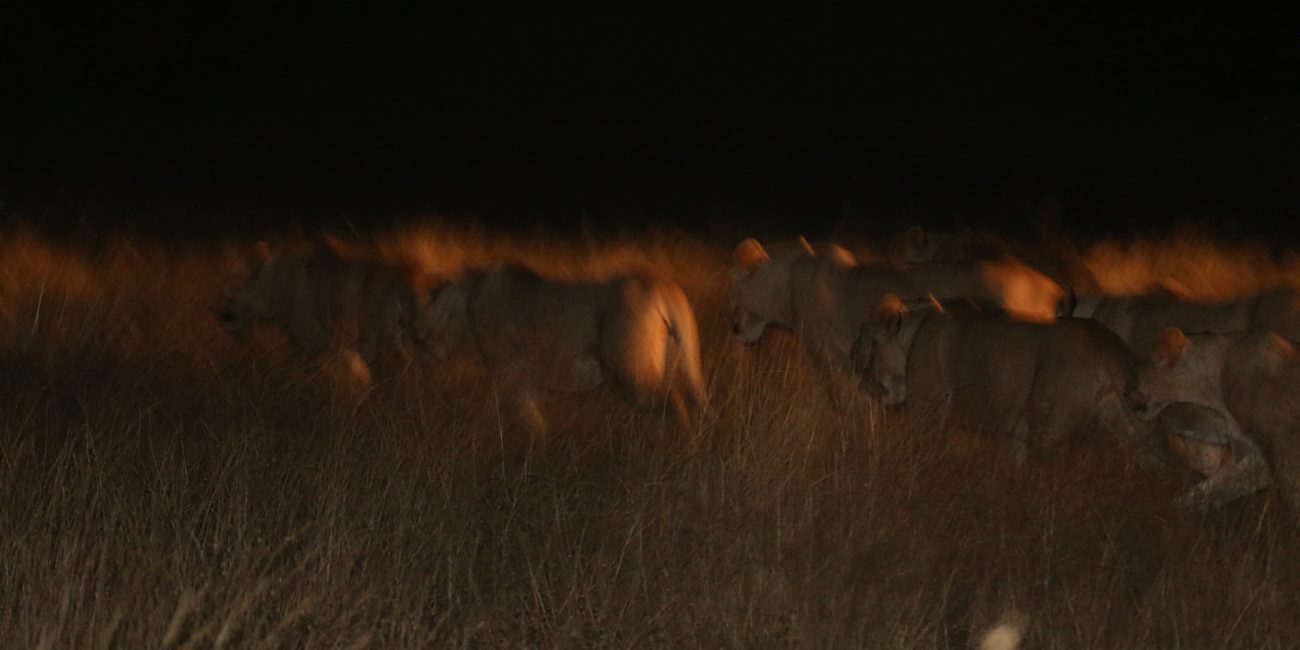
An Uneasy Journey Home: The Return of Neiti’s Pride
In the golden grasslands and acacia-dotted horizons of Amboseli National Park, there exists a pride of lions known far and wide, Neiti’s Pride. Long has this pride ruled the wild reaches of this renowned reserve, a living emblem of natural dominance. But in recent weeks, a troubling pattern emerged, one that would test not only…

Strengthening Community Action: Anti-Poisoning Campaign
By Philip J. Briggs & Luke Maamai On April 28, 2025, Lion Guardians launched a powerful anti-poisoning campaign in the Osewan area—one of the Amboseli ecosystem’s most persistent poisoning hotspots. Since 2009, we’ve documented the deaths of at least 20 lions here due to poisoning, with many more likely going unreported due to the area’s…
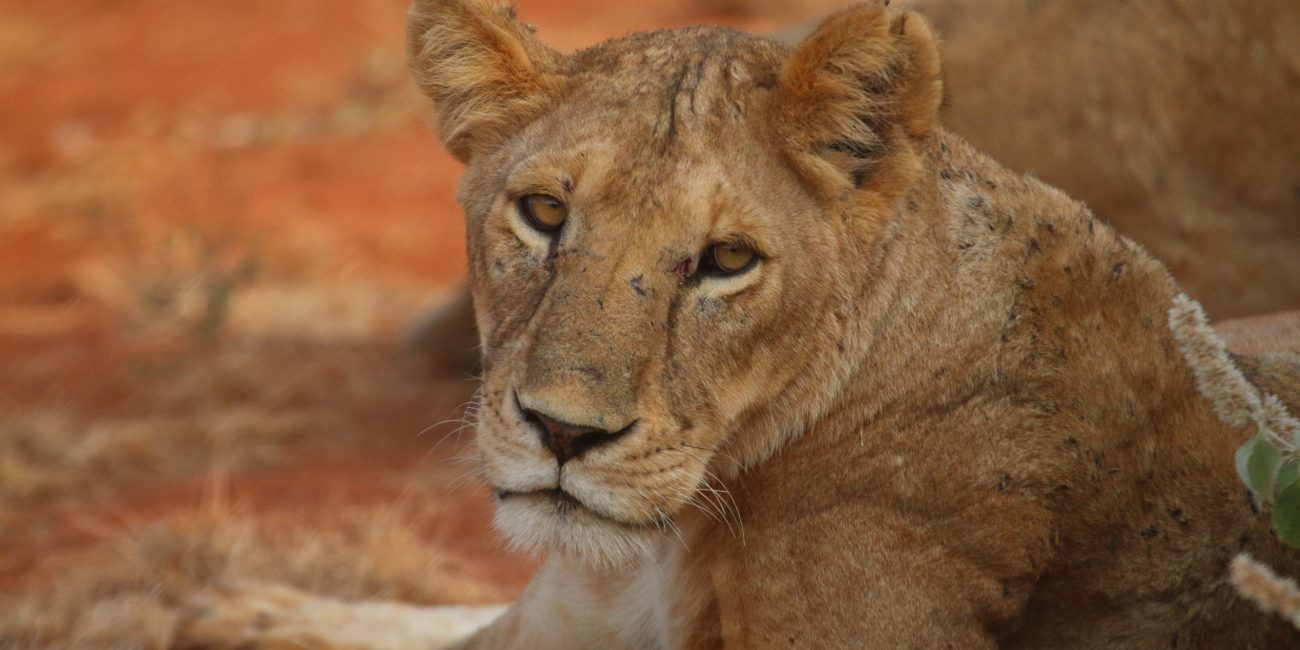
Guiding Neiti & Nenguya’s pride back Home
By Filberto Mayiani, Lion Monitoring Coordinator. Human-wildlife conflict is a devastating reality when the needs and behaviors of wildlife clash with the needs of local and Indigenous communities. Tension can lead to tragic consequences on both sides. A potent example of this is the conflict involving the Neiti & Nenguya pride, a group of lions…
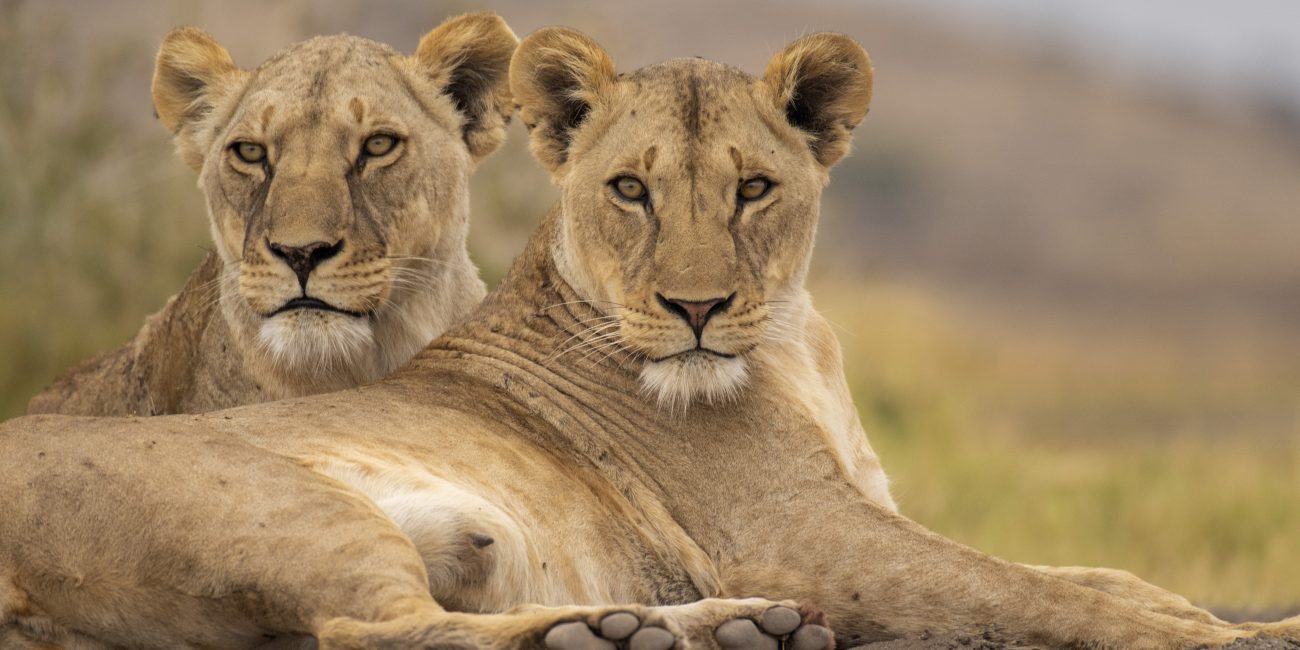
Anti-Poisoning Campaign Pre-Launch: A Vital Step to Combat Poisoning
By Filberto Mayiani, Lion Monitoring Coordinator, and Philip J. Briggs, Lion Conservation Advisor For years, Lion Guardians has been working tirelessly to mitigate the threats facing lions in the greater Amboseli ecosystem. Among the most pressing dangers is poisoning, which not only devastates lion populations but also impacts other predators and scavengers that play crucial…
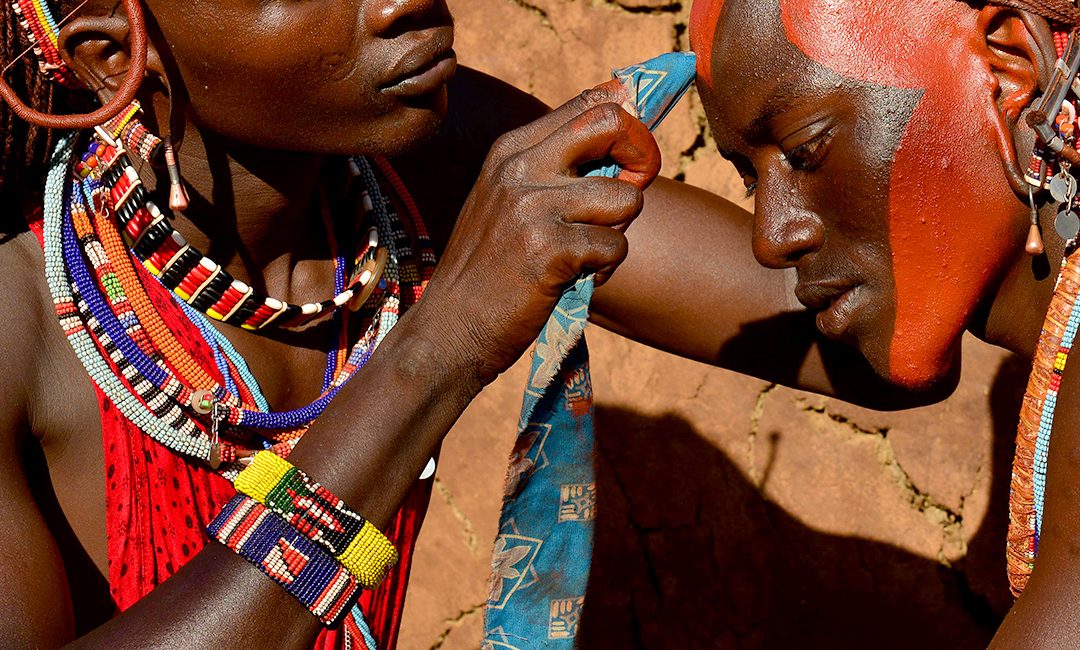
Community Assistance Through Lions for Life
By John Merishi, Head of People and Culture Over the years, Lion Guardians has provided various forms of assistance to the local communities within our operating areas in the Amboseli ecosystem. Our Guardians, who serve as grassroots liaisons, play a vital role in delivering this support to their respective zones. Thanks to the Lions for…
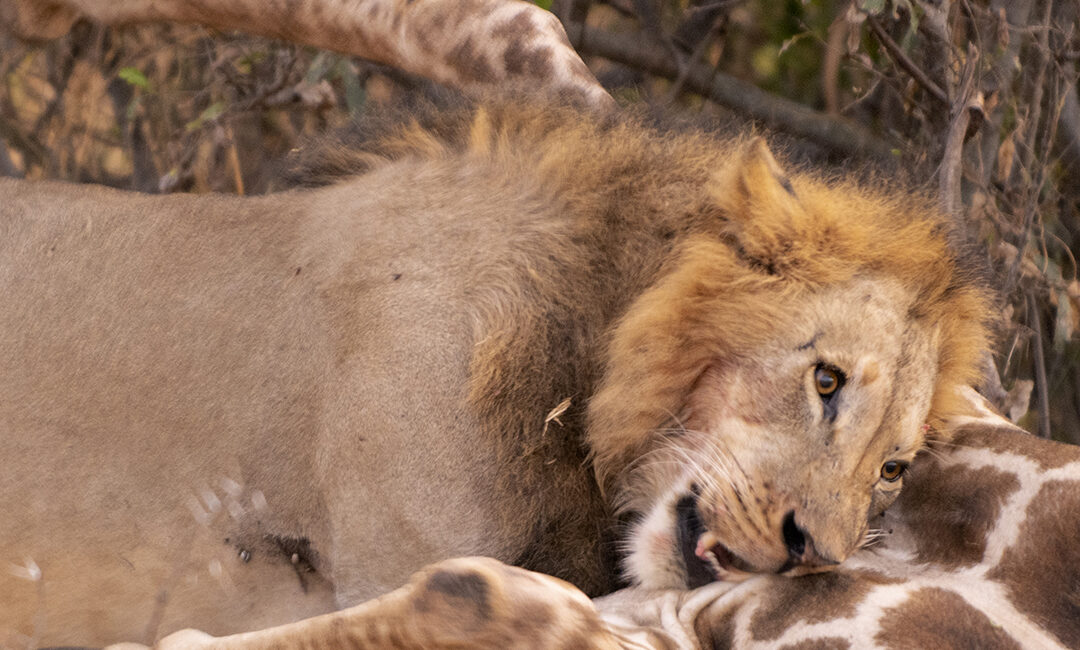
A Day at Lion Guardians Camp
“Our camp and its surroundings are truly alive, and being here always fills my heart with joy. It’s a place that allows you to reflect on the beauty of nature, culture, and all they offer. Recently, our two resident male lions, Loisulie and Loteletha, brought down a giraffe near camp, and witnessing the scene was…
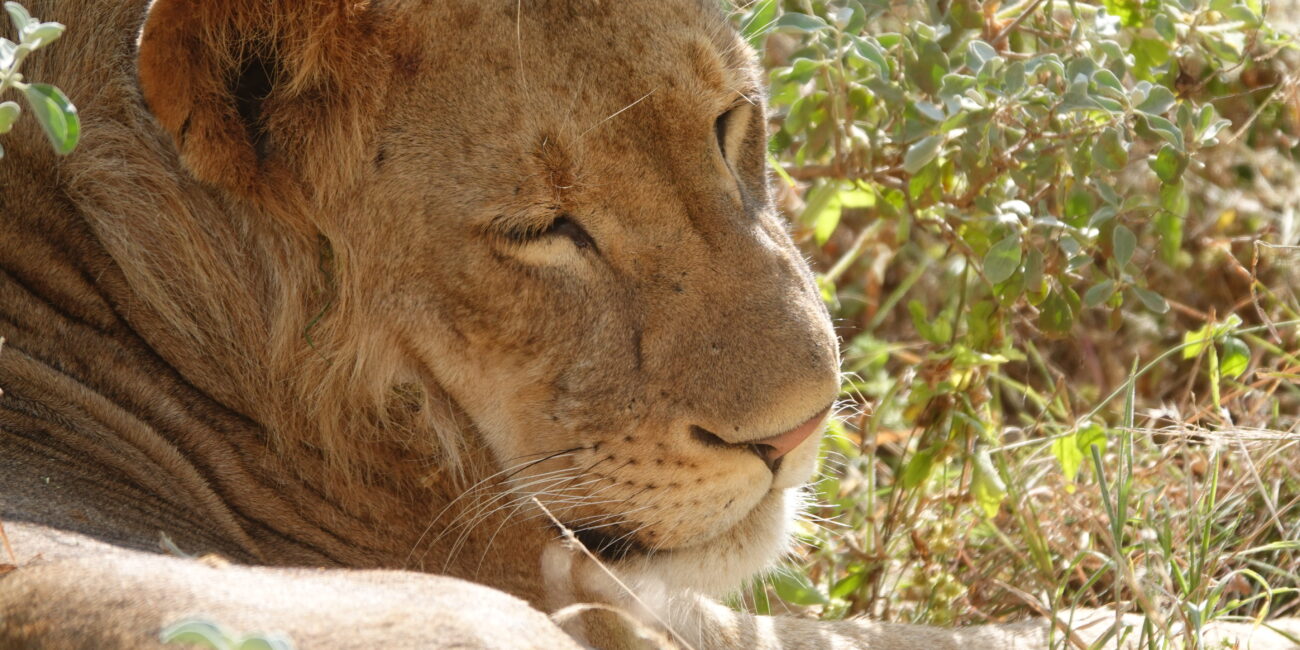
Blood is Thicker Than Water
Lions, much like humans, form strong bonds with their relatives, facing the challenges of the wild together and supporting each other in time of need. There’s a Swahili saying, “Damu ni nzito kuliko maji,” which translates to “blood is thicker than water.” This proverb captures the innate connection and affinity often felt towards family members,…

Keeping Indigenous Tradition Alive: Elder to Herder Mentorship Program
Livestock herding to the Indigenous Maasai of East Africa is an ancestral tradition that dates back centuries. For the Maasai, livestock herding is a vital practice that protects livestock from predator attacks. Boys are traditionally trained from a young age, ensuring they are fully equipped with the skills and knowledge to become skilled herders by…


